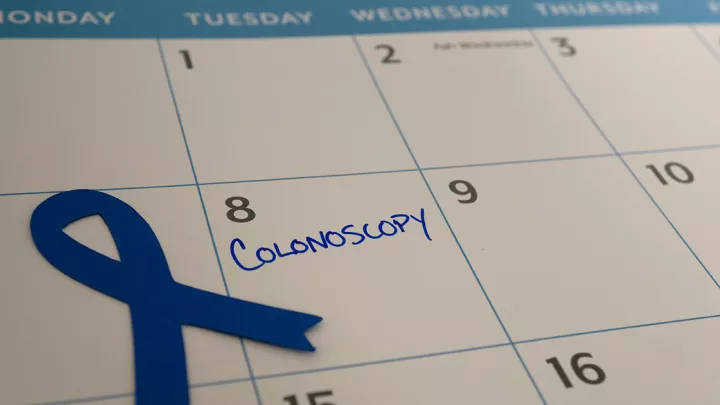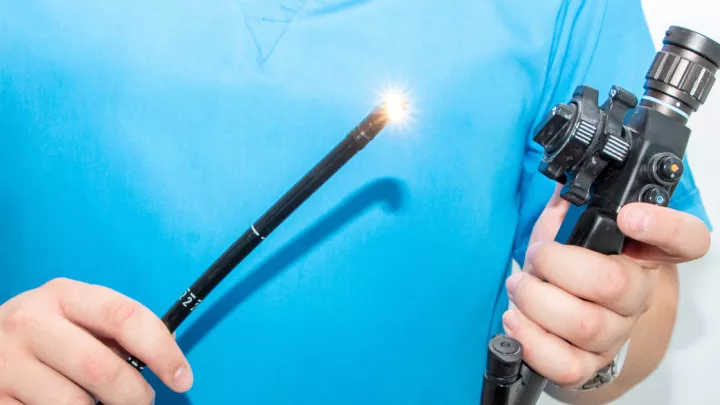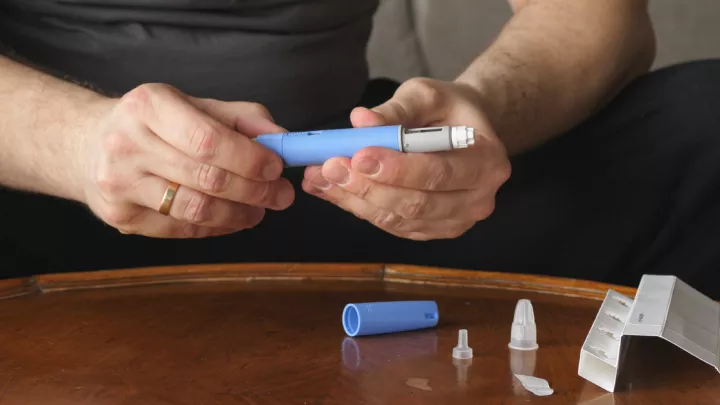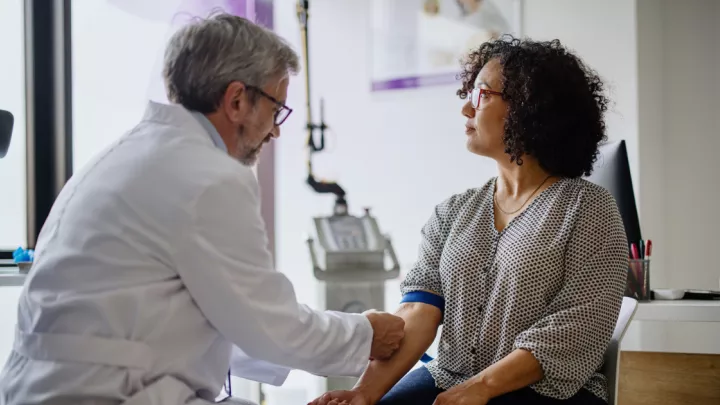You asked, we answered: Can hemorrhoids be a sign of anal cancer?
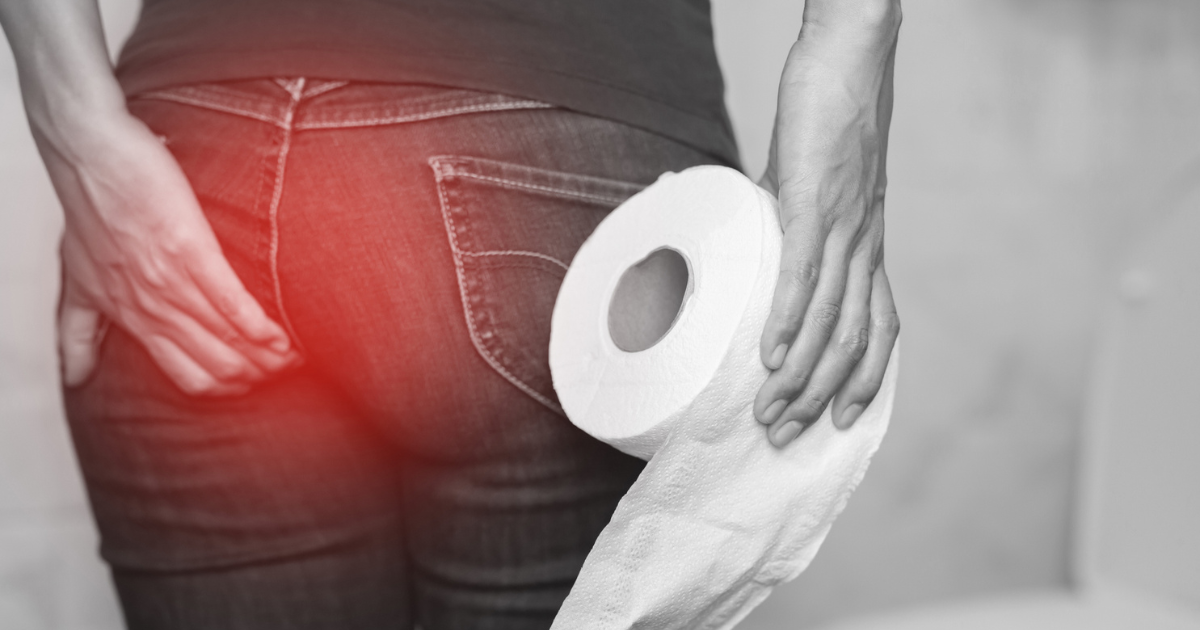
Question:
I’ve been dealing with hemorrhoids for over two years. They never go away and only seem to be getting worse. Is it possible that it could be anal cancer?
Answered by colon and rectal surgeon Matthew Fuglestad, MD:
Hemorrhoids are vascular cushions that are a normal part of the human anatomy. Everyone is born with three hemorrhoidal columns that help keep the anus closed at rest.
Hemorrhoids can become uncomfortable when swollen and inflamed and often get blamed for all sorts of things. Hemorrhoids are not a cause or a sign of anal cancer, but different anorectal diseases can mimic symptoms of hemorrhoids.
Hemorrhoids fall into two categories: internal and external. Internal hemorrhoids are the most common and are not typically painful but can bleed. External hemorrhoid can thrombose (clot) causing painful swellings around the anus. While they are not dangerous, they can be significantly uncomfortable for the first 3 to 5 days. When symptoms are ongoing, it is best to see your doctor to find out what’s going on.
Patients tend to put off getting their symptoms checked, repeatedly trying over-the-counter treatments. Medicated wipes, steroid creams and suppositories may provide temporary relief but can be irritating and make the problem worse in the long run.
If you’ve been trying things at home, see your doctor if your symptoms persist after a trial of over-the-counter treatment. There’s no reason to endure the pain and uncertainty of what is going on, and we can often provide effective relief. If symptoms linger, your primary care doctor may refer you to a gastroenterologist or colorectal surgeon for treatment.
Symptoms that warrant a doctor visit include:
- Bright red bleeding, especially bleeding that doesn’t stop on its own or if you’re passing blood clots.
- A lump or bump in or around the anus.
- A symptom that has changed or has progressed.
- Hemorrhoids should never cause fevers, swelling of the surrounding skin, drainage or puss.
People who shouldn’t wait to see a doctor include those with autoimmune disorders or immune suppression, such as patients with HIV or who have had a liver or kidney transplant, are taking IBD medications, or are on blood thinners.
To help prevent further problems, try to:
- Stay hydrated throughout the day.
- Get 25 to 30 grams of daily fiber. Choose supplements with bulk-forming agents.
- Prevent constipation and diarrhea, which can contribute to swelling and inflammation.
- Refrain from straining or prolonged sitting during bowel movements.


